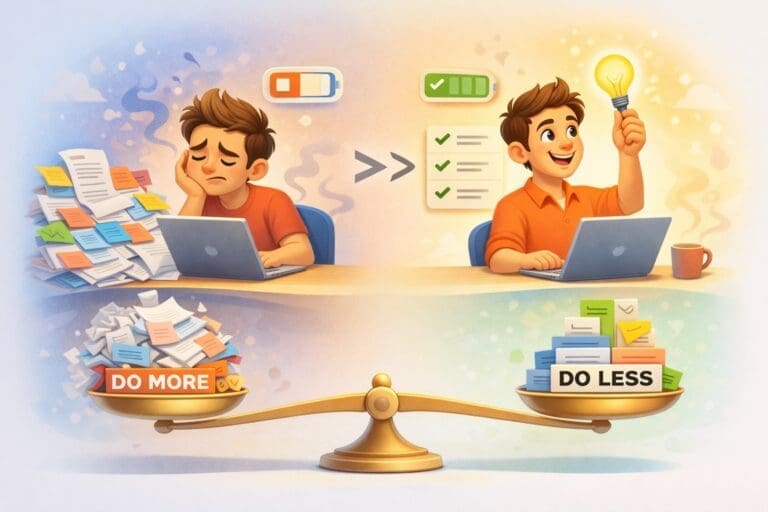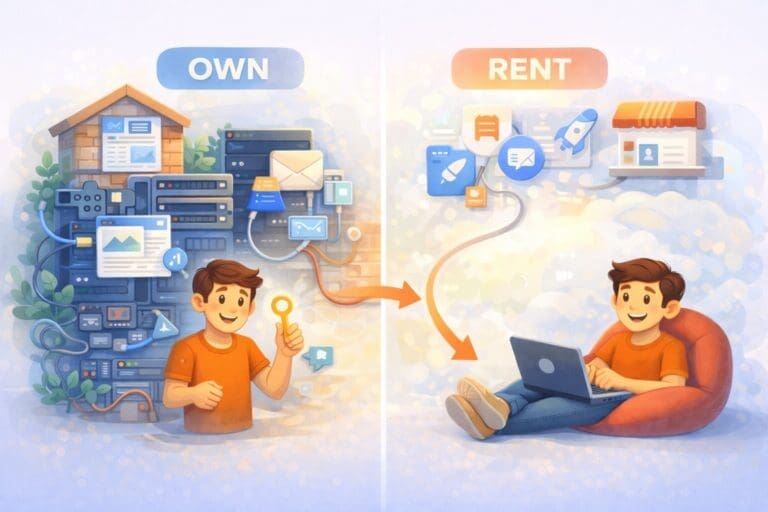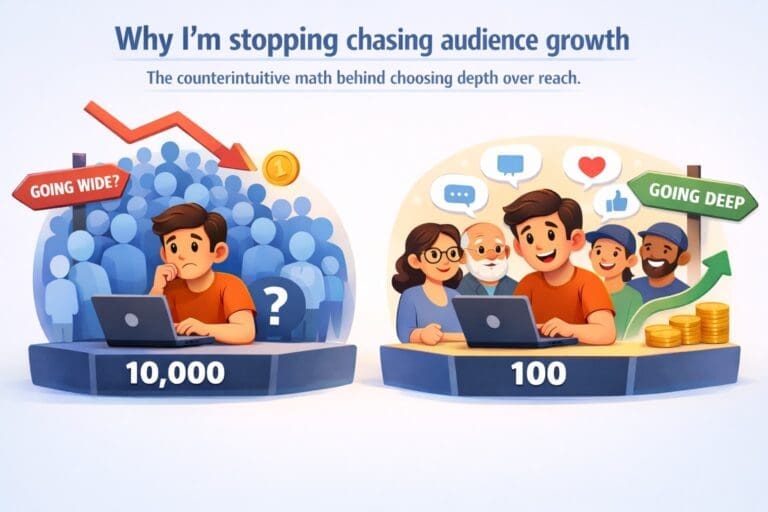Discover how small daily improvements lead to extraordinary results
Most people vastly overestimate what they can achieve in a month and dramatically underestimate what they can accomplish in a year. I discovered this truth firsthand while working with high-performing professionals and studying personal development patterns across industries.
The constant pursuit of growth has shaped every aspect of my life, from career advancements to personal relationships. But it wasn’t always this way.
Like many, I used to chase dramatic transformations, looking for that one breakthrough moment that would change everything.
What I’ve found instead is far more powerful: the compound effect of continuous self-improvement. Small, daily actions – reading for 20 minutes, learning one new skill, or making slightly better decisions – create a foundation for extraordinary results.
In this article, I’ll share the five most impactful benefits of continuous self-improvement that I’ve observed and experienced. These aren’t just theoretical concepts – they’re practical advantages that can transform your career, relationships, and personal fulfillment.
The power of small improvements
Two professionals start their careers at the same company. One improves consistently through deliberate practice – reading industry articles, asking for feedback, learning new skills. The other maintains their current level, doing what’s required but nothing more.
Over time, these small daily improvements compound significantly. I’ve observed this pattern repeatedly with colleagues and people around me. Those who commit to continuous learning often advance faster in their careers than those who remain static in their skills.
Enhanced self-awareness and decision making
A tech startup founder I worked with struggled with team management until she committed to studying leadership and gathering regular feedback. Through consistent effort and learning, she transformed her team’s dynamics and improved their overall performance.
Self-improvement develops emotional intelligence through honest self-assessment. You learn to recognize patterns, understand limitations, and make decisions based on data rather than impulse.
My experience working with various professionals has shown that those with higher self-awareness tend to make better business decisions. This extends beyond business – enhanced self-awareness improves decisions across all aspects of life.
Improved adaptability in a changing world
During the shift to remote work, professionals who regularly invested in learning new skills adapted more quickly, while others took longer to adjust. The difference wasn’t intelligence or experience – it was their habit of continuous improvement.
From my observations, those who embrace continuous self-improvement develop:
- Mental flexibility through new challenges
- Multiple approaches to problem-solving
- Strong learning networks
- Practiced resilience under pressure
Mental health and personal fulfillment
Through personal experience and observations of clients, I’ve noticed that active pursuit of self-improvement often correlates with higher life satisfaction. I experienced this through starting a daily reading habit, which transformed my approach to challenges.
Self-improvement strengthens mental health by:
- Building confidence through achievement
- Creating control over circumstances
- Developing resilience
- Reinforcing positive patterns
Career advancement and problem-solving mastery
A mid-level manager I worked with committed to reading one business book monthly and taking one online course quarterly. Within 18 months, she received two promotions – the result of consistent, deliberate improvement.
In today’s rapidly changing workplace, continuous learning has become essential. Based on my experience working with various organizations, those committed to growth often see benefits through:
- Increased value to employers
- Enhanced problem-solving skills
- Expanded professional networks
- Greater industry adaptability
Taking action
Start with one area for improvement and focus for 30 days. This could be reading 20 minutes daily, practicing a new skill, or building a specific habit.
Use simple metrics to track progress. A notebook, app, or spreadsheet can monitor daily actions and their results.
Find others on similar paths through mentorship, study groups, or professional development programs.
Small, consistent actions create substantial change. Select one improvement area and commit to it for the next month. The compound effect of these small steps will become evident through sustained practice.







